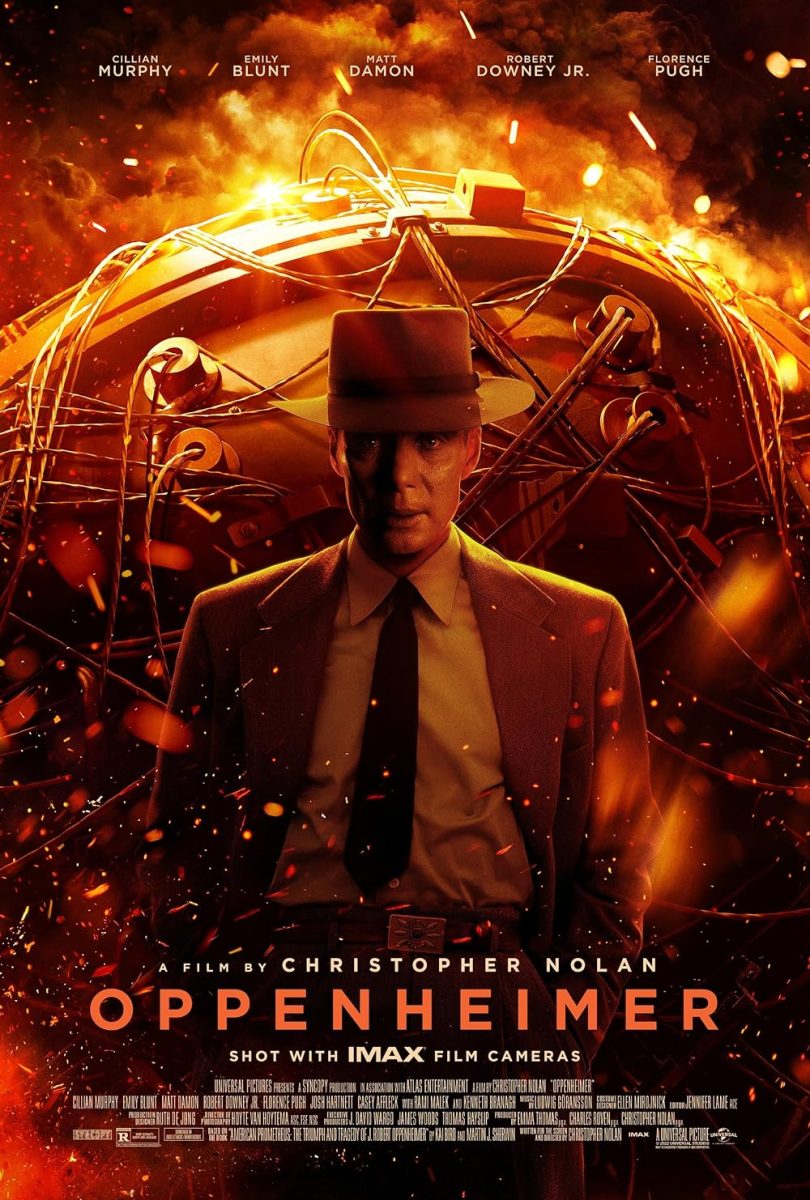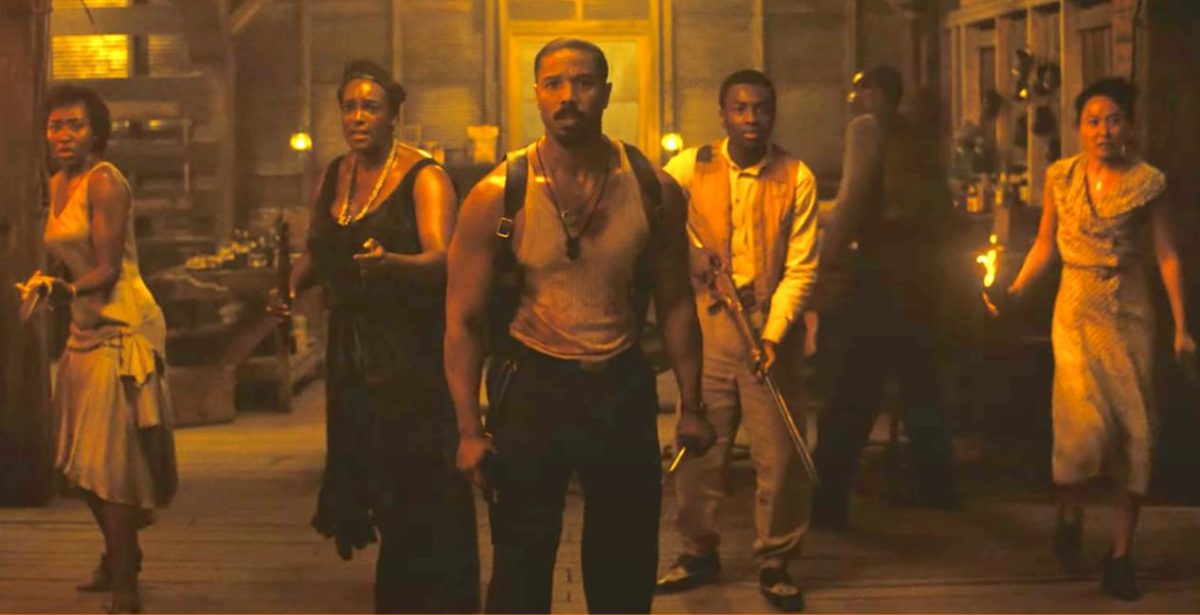2023 was a banner year for movies. Major filmmakers Michael Mann and Jonathan Glazer returned from long hiatuses, while Wes Anderson released a staggering five films. The following are my picks for the best films of the year, in alphabetical order.
“Asteroid City”: Five stars
Anderson’s only feature film of the year, “Asteroid City,” is the most ambitious that he’s ever made. Framed as a series of concentric narratives, the film follows the cast of a television show about a cast of actors putting on a play that takes place in the title location. It’s one of Anderson’s funniest movies, but it is also a moving rumination on grief.
“Ferrari”: 4.5 stars
Unconventionally for a film about a car manufacturer, Mann focuses most of his movie on Enzo Ferrari’s domestic life. The film’s racing sequences are numerous, but they are unreal, hyper-stylized and brief. The spectacular cars, races and crashes are trifles in the face of Ferrari’s deteriorating marriage and economic troubles. Adam Driver and Penélope Cruz are incredible as Enzo Ferrari and his wife Laura, embodying the film’s focus on the contrast between incendiary humanity and clinical, logical engineering.
“How Do You Live?”: 4.5 stars
Released in the United States as “The Boy and the Heron,” Hayao Miyazaki’s first film in a decade exemplifies his unique, dreamlike approach to fantasy. “How Do You Live?” also sees the legendary filmmaker contemplating his own legacy. His old world is gone, but he can pass on the tools for his successors to build a new, better one. Robert Pattinson is wonderfully odd as the voice of the titular heron in the English dub.
“Killers of the Flower Moon”: 4.5 stars
“Killers of the Flower Moon” is not just a furious condemnation of the Native American genocide and the systemic issues that exacerbated it. It’s also a meditation on the limits of Martin Scorsese’s perspective as an artist. Lily Gladstone’s performance as Mollie Burkhart is one of the greatest of the last decade, and musician Jason Isbell is incredible in his acting debut as Bill Smith.
“May December”: 4.5 stars
Applying the aesthetics of melodrama to a morally complex subject, Todd Haynes’ “May December” suffuses its story of exploitation with layers of irony and tonally jarring humor. The film follows an actress who interviews a woman who raped and later married a middle-school student. The actress, played by Natalie Portman, is totally detached from the proceedings, clinically studying the couple’s behavior without judgment. She is so preoccupied with the “authenticity” of her own performance that she doesn’t recognize the horrific nature of the situation she’s preparing to emulate. Haynes’ suffocatingly gauzy soap opera atmosphere, furthered by overbearing music cues, lends the story a sense of discomforting unreality as if we’re watching the sleazy, low-rent film that Portman’s character is preparing for.
“Oppenheimer”: Five stars
Despite the complexity of his narratives, Christopher Nolan has always been a populist filmmaker. Consequently, “Oppenheimer” seems to have come out of nowhere. Nolan discards his focus on spectacle for much of the film, instead dramatizing endless hours of courtroom hearings and theoretical discussions. When he allows spectacular visuals to take over, they’re jarring and disturbing, forcing the audience to confront humanity’s destructive capabilities.
“The Swan”: Five-stars
One of Anderson’s four 2023 short films based on Roald Dahl’s stories, “The Swan” is easy to overlook but perfectly distills Dahl and Anderson’s shared ethos into just seventeen minutes. Its form is highly unconventional, eschewing cinematic conventions in favor of theatrical artifice. Anderson’s regimented style is stripped to its barest essentials, letting the text speak for itself.
“The Zone of Interest”: Five-stars
With “The Zone of Interest,” Jonathan Glazer wrestles with the inherent contradictions and difficulties of cinematically condemning the Holocaust. In order to depict the evils of a regime famous for its effective and insidious film propaganda, Glazer rejects the traditional structure and language of cinema, creating an off-putting and hostile exercise in duration by denying the audience the comfort of familiar cinematic forms.
















